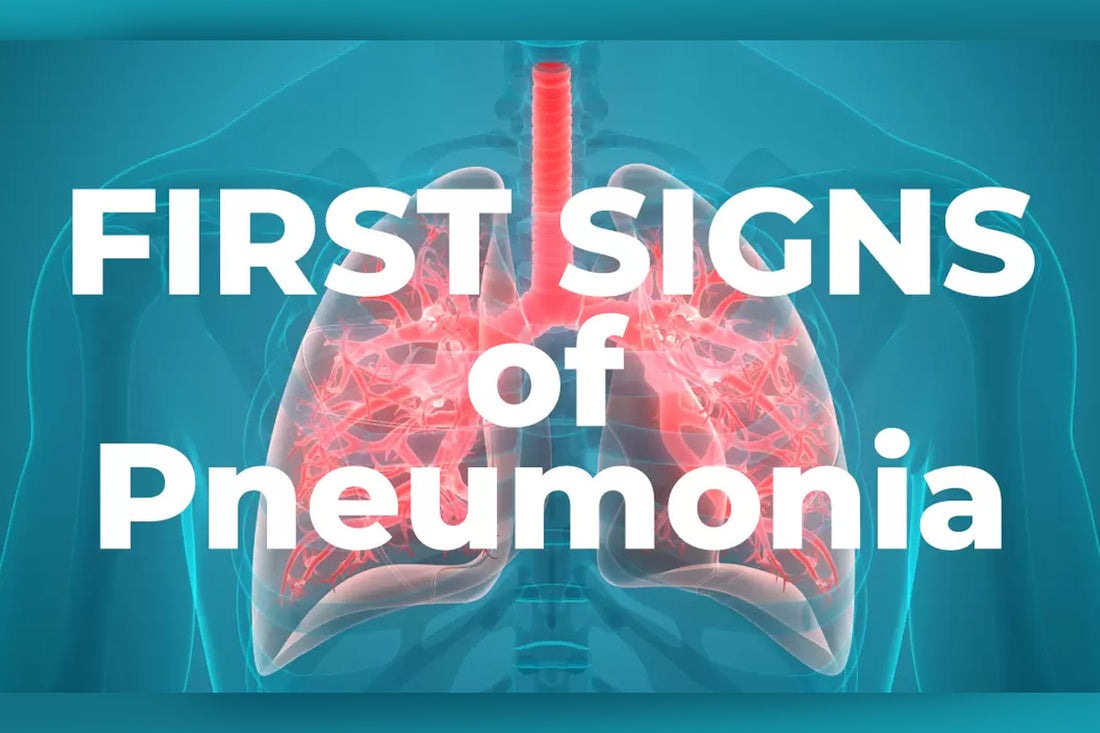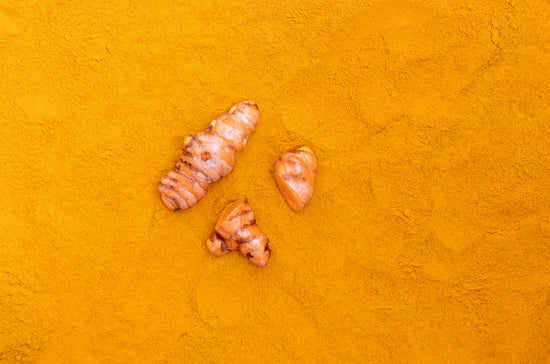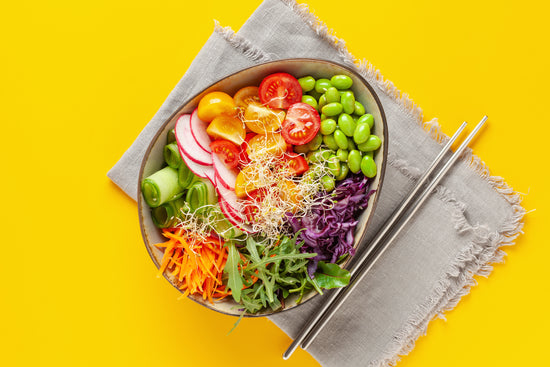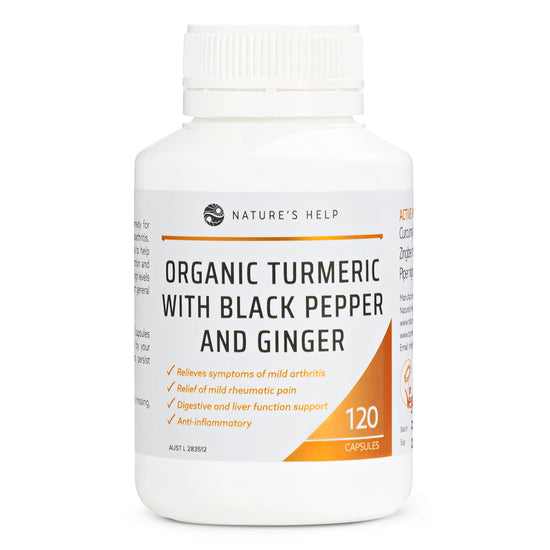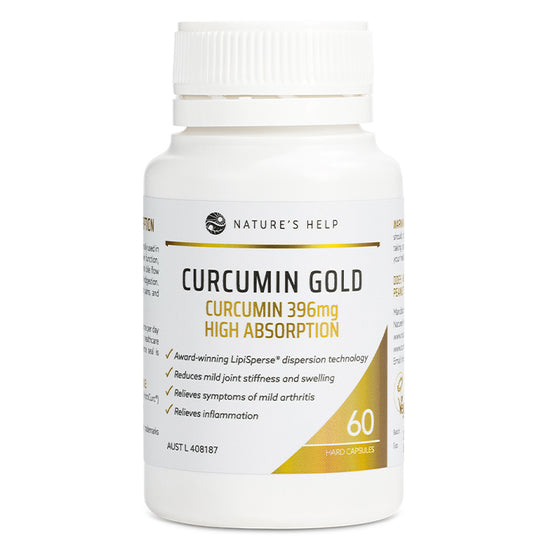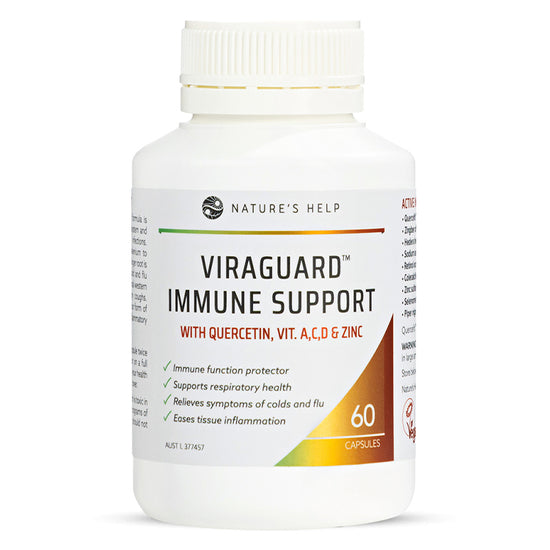Thousands of tubes in your lungs are called bronchi and these tubes end in smaller alveoli sacs, with a fine weave of capillaries. This is where oxygen is added to the blood and carbon dioxide is expelled. When you get pneumonia, the sacs fill with fluid and pus, which activates the inflammation of the alveoli. White blood cells are then sent by the immune system to attack the infection.
So, what happens to you during the initial congestion phase? You may start with an ordinary cold or flu, but then pneumonia symptoms develop quite quickly over 24 to 48 hours, and the following will be the first signs.
- You may find it hard to breathe as the lungs can’t undertake the oxygen/carbon dioxide process, because the sacs are filled with fluids. Without enough oxygen in your bloodstream, your lungs will struggle to inflate and deflate. You may find that your breathing rate increases too, giving you rapid, shallow breathing. Your doctor will listen to your breathing through a stethoscope placed on your chest. He will listen for coarse breathing, wheezing or crackling sounds.
- Coughing with phlegm, that is more than likely a green or yellow colour, indicating an infection, is called a wet cough. Coughing is how the body clears the airways. Usually, the cough and thus spitting up the phlegm is worse first thing in the morning. Your body contains thin phlegm that trap the bacteria, but when you get sick, the phlegm becomes thick as debris like germs and immune cells build up.
- Chest pain is a distinct possibility that generally feels worse with each breath you take. Your chest will feel ‘heavy’.
- That lack of oxygen circulating through your bloodstream causes the heart to pump harder and faster to compensate and try to get the extra oxygen.
- Chills and sweating occur as the fever worsens. Remember this is your immune system kicking in to do its work, but with pneumonia – don’t delay getting to your doctor for treatment. While some cases can be mild, if you deteriorate quickly, then this may cause hospitalisation and a ventilator.
- Pneumonia develops quickly and depending on the severity, you may be delirious and confused.
- Usually, you will lose your appetite, but it is essential to keep a high level of fluid intake.
- Nausea, vomiting, and diarrhoea are common symptoms as your body tries to purge the infection.
INTERESTING FACTS
- Pneumonia can be caused by a variety of bacteria, viruses, or fungi: or by flu and cold viruses. If it is bacterial or viral pneumonia, you can be contagious and pass the infection onto someone else. The most common is bacterial pneumonia, with viral pneumonia responsible for about one-third of cases.
- You can get pneumonia in one or both lungs and it can be mild or severe.
- The most susceptible are infants, toddlers, people with pre-existing medical conditions and weakened immune systems and those aged over 65.
- Pneumonia can last between 6 weeks to 3 months, though the symptoms will be drastically reduced as time goes on. Fatigue may still be an issue, but generally, after 6 months you will have recovered.
- The doctor may prescribe antibiotics to treat the infection.
- Doctors call the first 24 hours of congestion ‘vascular engorgement’ – in plainer English that means the lungs become heavy and an excess of blood is adjusting to support the lungs.
- Pneumonia affects the air sacs, but bronchitis is inflammation of the bronchial tubes. Both have similar symptoms, so seek medical attention to receive the relevant care.
RENOWNED NATURALLY ASSISTING REMEDIES
Turmeric is the most sought-after natural product that for centuries has been used by the Indian culture to conquer inflammation. Both capsules and powder are available through Turmeric Australia.com.au.
Natural lung cleansing includes grandmas steam therapy remedy. Put a spoon full of Vicks or eucalyptus oil in a bowl of boiling water – put a tea towel over your head – lean over the bowl – and breathe in and out so the vapour enters your lungs. The warm, moist air loosens the mucus.
Drink a blend of ginger, honey, and lemon tea. Both ginger and honey, just like turmeric, have anti-inflammatory properties.
Mullein tea is renowned over the centuries for treating respiratory conditions.
Pneumonia can be a complication of Covid, but that requires a whole separate blog on its own. If you require information on that subject check the Healthline website.


